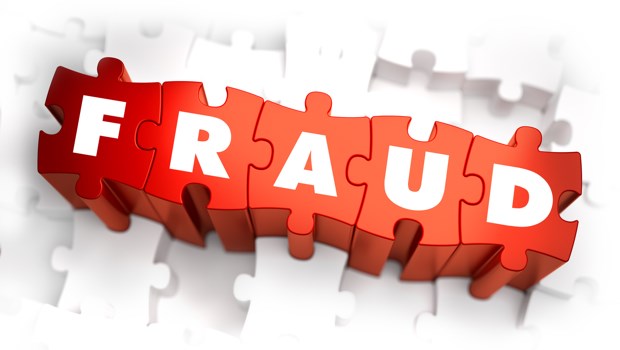As long as people have money, there will be those who seek to liberate it through nefarious means.
March is the Competition Bureau of Canada’s Fraud Awareness Month and that organization along with the Better Business Bureau (BBB), banks, the RCMP, local police and others are hoping it will make Canadians more savvy to the myriad scams going around.
Fraud is a massive problem that the Better Business Bureau estimates cost Canadians nearly $1.2 billion in 2015. That’s based on the $61 million they can actually account for, which they estimate is only about five per cent of the total because most fraud goes unreported.
The BBB says the $61 million is the good news in a good news-bad news scenario because it is down from $71 million in 2014.
“The bad news is scammers are finding new ways, new disguises to ply us with the same scams,” said Karen Smith, BBB CEO for Saskatchewan.
The Internet has been a boon to con artists evidenced by the BBB’s most lucrative scam for 2015, which was catphishing. This is when a fraudster creates a fake identity online to lure potential victims into romantic relationships then hits them up for money. Although individual losses are relatively small in this type of fraud, scammers make up for it with volume.
The BBB named the Canada Revenue Agency (CRA) income tax scam as its number one for 2015. Nearly 17,000 Canadians reported being targeted by fraudsters aggressively demanding payment and asking for personal information resulting in $2.9 million in losses. Fear of the CRA is a powerful motivator, but the Agency says it is easy to spot this kind of scam, because they never operate in this manner.
Like almost any telephone, text or email fraud, avoiding being victimized is a simple matter of verifying the information by calling the agency or financial institution.
There are also numerous information websites that track scams including the BBB’s Scam Tracker at bbb.org/scamtracker.
Last year for the first time, the Canadian Federation of Independent Business started tracking business scams. It will release a full report March 17, but says 20 per cent of Canadian small businesses have been scammed over the past year.
“CFIB takes more than 27,000 calls a year from small business owners on issues including fraud, so we are in a unique position to identify the latest scams that are making the rounds,” said Plamen Petkov, CFIB vice president, Ontario.



